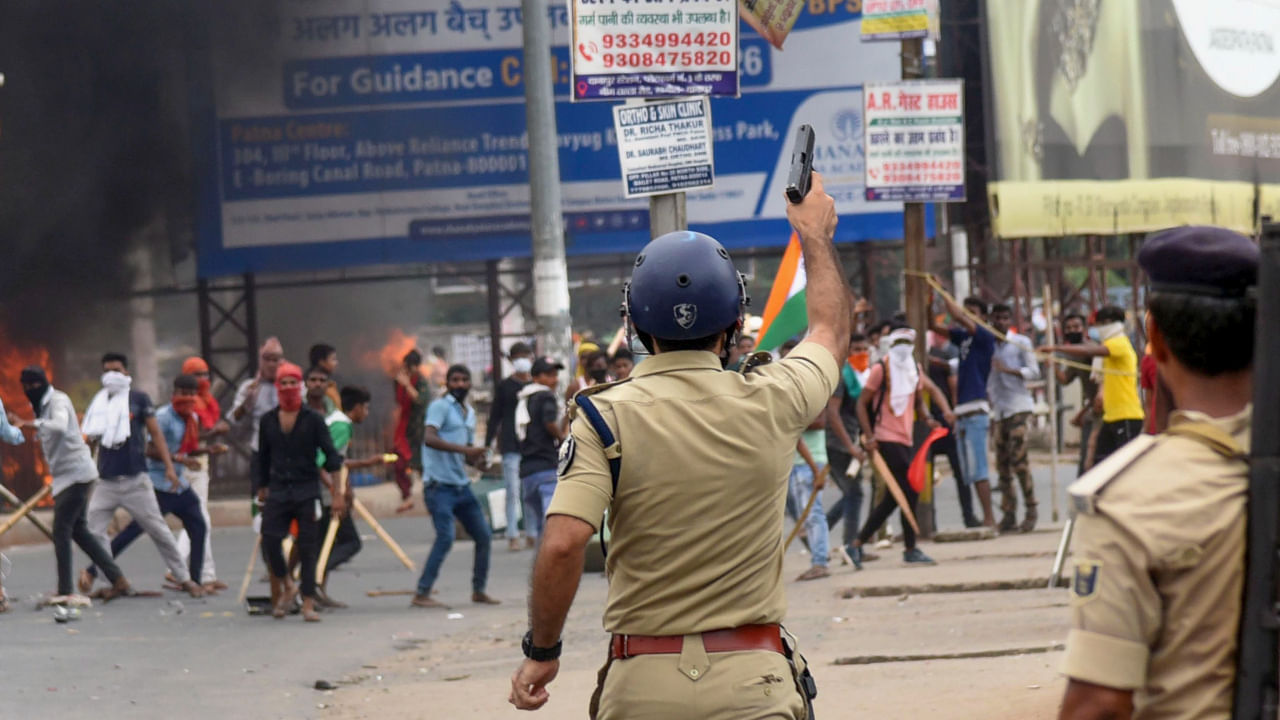
The defence ministry’s refusal to share information about the Agnipath military recruitment scheme with Right to Information (RTI)-activist Vihar Durve may not be based on legitimate grounds, reports suggest.
The Agnipath scheme was announced by Defence Minister Rajnath Singh in June and sparked a flurry of protests across the country, prompting Durve to lodge an RTI request seeking information on inter-ministerial deliberations regarding the pay packages and allowances offered to Agniveers under the scheme.
However, Durve’s request was denied by the information officer of the Department of Military Affairs, prompting the activist to file a first appeal claiming that the information had been denied to him wrongly.
Responding to Durve’s appeal, first appellate authority Abhimanyu Sahoo, on August 17, asserted that the information had been rightly denied to Durve as the requested files were classified as ‘secret’.
“I had gone through your aforesaid 1st RTI appeal and the information provided by the CPIO dated 29th July, 2022 with respect to your RTI application dated 11th July, 2022. In this connection, it is informed that the file on Agnipath Scheme approval has been classified as SECRET. Therefore, the response of the CPIO is in order,” Sahoo said, as per a report in the Hindustan Times.
However, India’s first Chief Information Commissioner Wajahat Habibullah, who held the post from 2005 to 2010, told the publication that denial of information on such grounds was flimsy: ‘confidential’ or ‘secret’ are internal classifications and cannot be used to deny information as they are not listed under sections 8 and 9 of the RTI act, Habibullah explained.